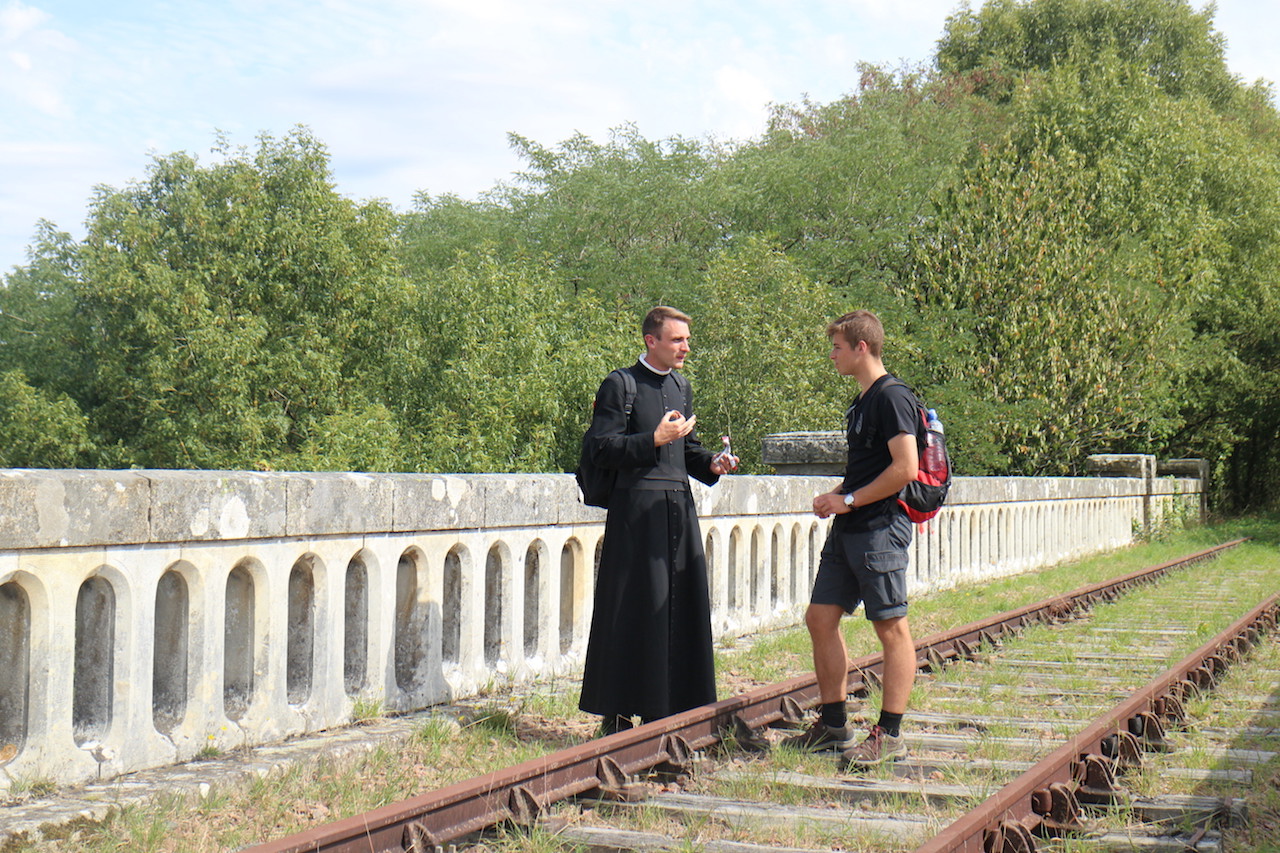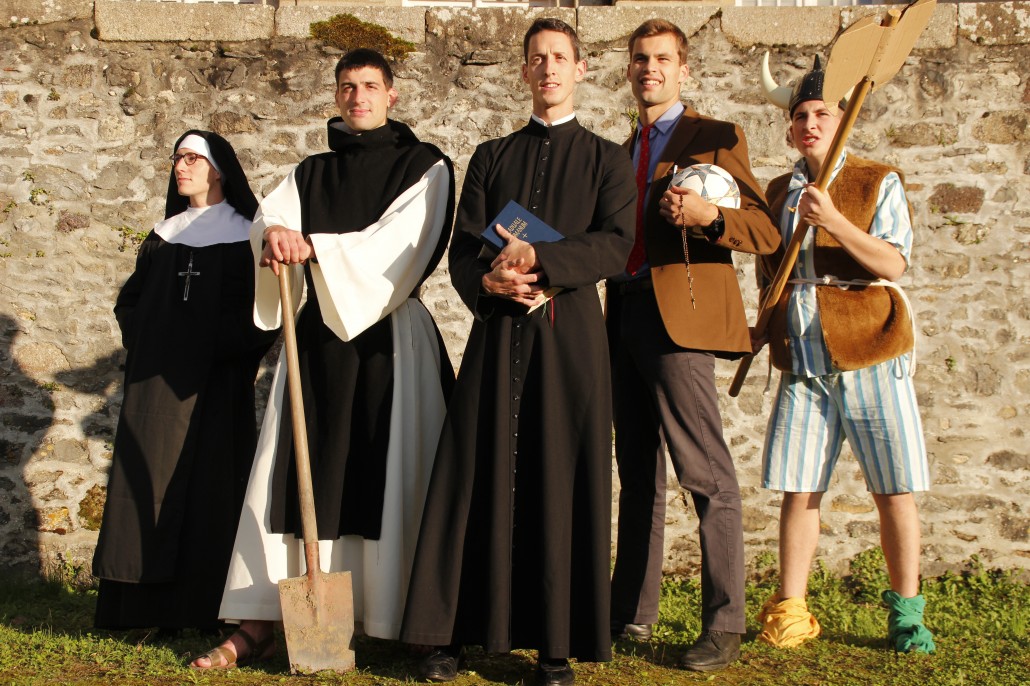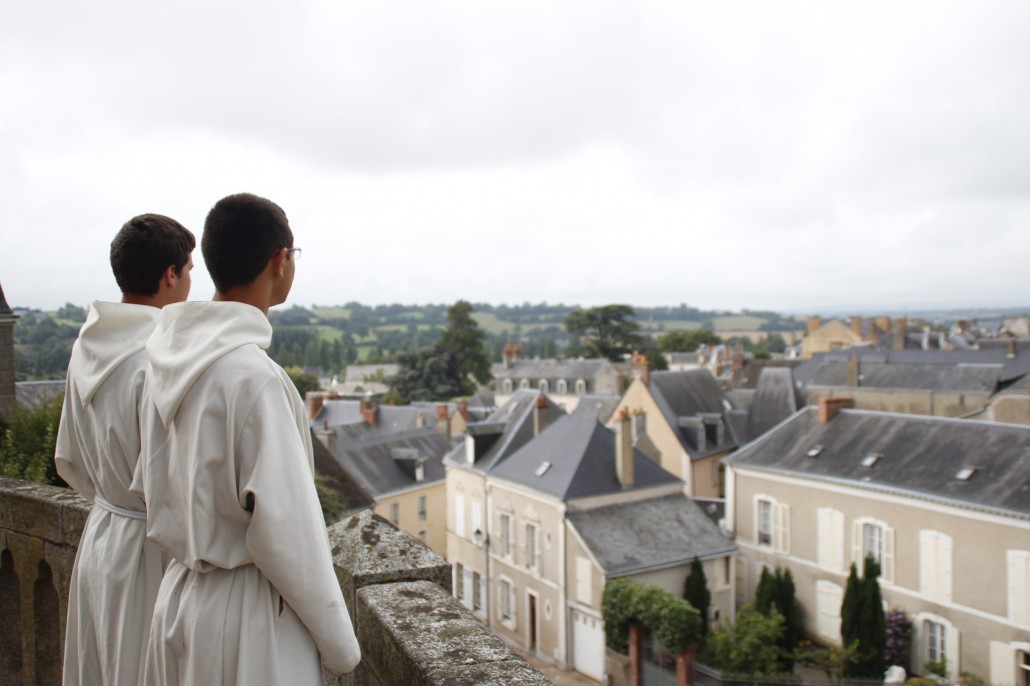How to discern a vocation?
How are we called to become priests?
Every year, in the middle of September, the seminary opens its doors and joyfully welcomes the new propedeutics. The years ahead of them will be years of spiritual, human and intellectual formation, but also, and above all, years of discernment. This discernment has already begun: each of them has already perceived a call from the Lord and those responsible for formation have judged that there are sufficient indications of a vocation to envisage a deeper discernment in the context of the seminary.
Every priestly vocation is a mystery of love
It will take a long period of reflection throughout the formation process to confirm or deny the reality of this calling. The propedeautic year and the first two years of seminary, corresponding to the philosophy cycle, are more specifically devoted to this work of discernment, which will then be put to the test during the year of internship in a parish by the discovery of the pastoral reality and the apostolic community life. After these four years of searching, the Church, through the voice of the superiors, may recognise the reality of the vocation with the rite of “admission among the candidates for holy orders”, during the second cycle. During the second cycle, the candidate will then strive to become available to the human, spiritual, moral and intellectual demands of this call from the Lord. If the candidate’s progress clearly demonstrates that he has taken the right measure of this work and that he gives himself to it in truth, then the call will be definitively sealed by ordination.
Throughout these years, the seminarian is invited to develop a real familiarity with the Word of God, to cultivate a relationship of companionship with Christ, to allow himself to be moved by the Spirit, all in order to be transformed into a living instrument, a wise, faithful and prudent servant “according to the heart of God”.
To make the most of this profound transfiguration, the candidate is accompanied by his spiritual director, who carefully follows the life of his soul, avoiding the pitfalls of illusion and despair. At regular intervals, candidates are also invited to review their journey with those in charge of training, in a spirit of trusting openness of heart.
These means used by the Community’s house of formation correspond to a tried and tested practice of the Church. They reveal both the subjective and objective dimensions of the vocation. Subjective, because every priestly vocation is a mystery of unfathomable love: to the love of the God who calls, the freedom of the man responds with a complete and definitive commitment. Objective, because it is the Church who calls the ministers She needs. Every vocation is fulfilled in and by the Church, as expressed in the ritual of ordination.
These two dimensions are inextricably linked. Through them, it is Christ Himself who calls to Himself those whom He wants to “be with Him and send them out to preach”. Even today, he continues to choose certain men to whom he addresses the “come and follow me” of the Gospel.





